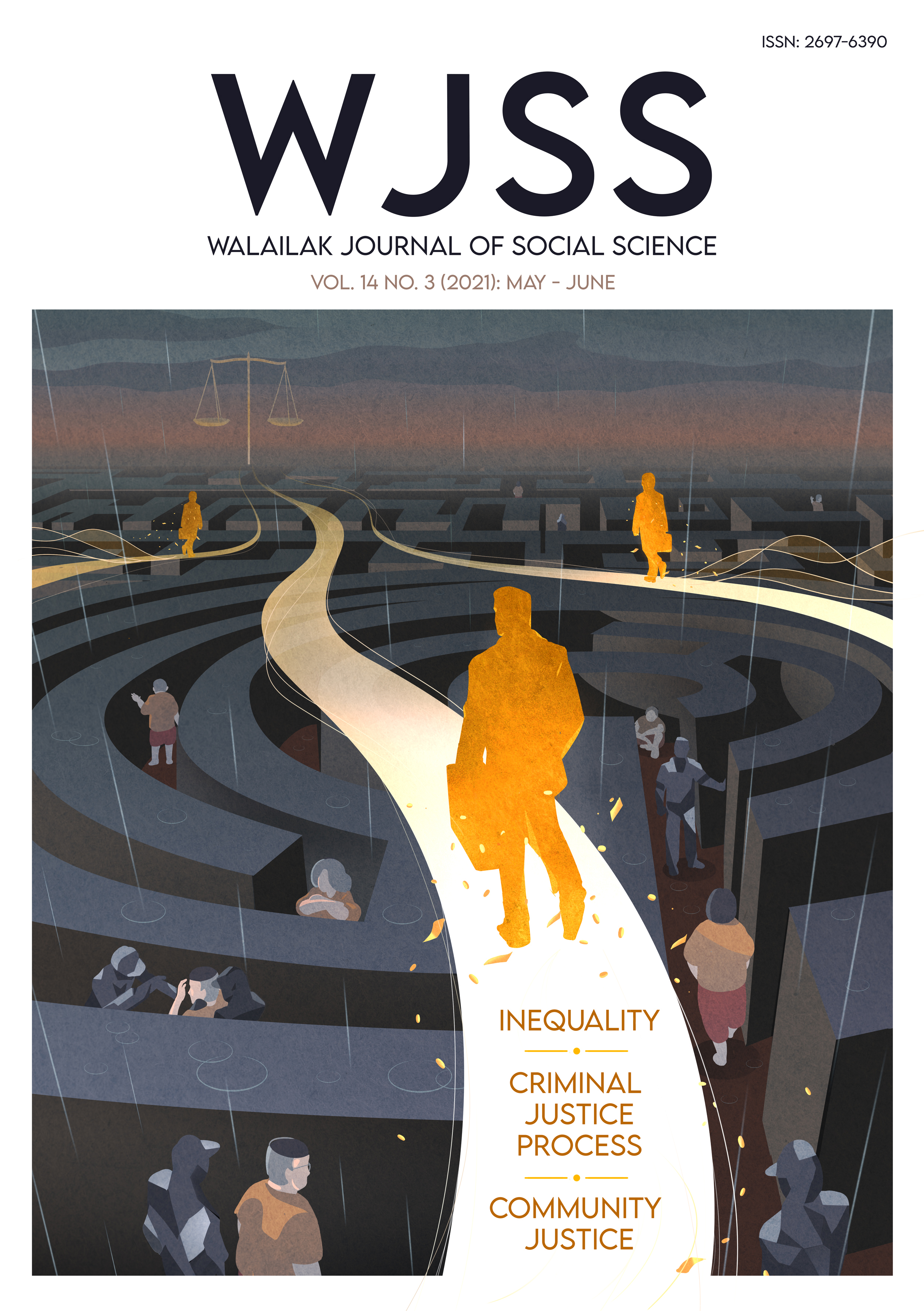The Akhund of Swat and Ambela Expedition: An Analysis of Competing Accounts
Main Article Content
Abstract
The Ambela expedition 1863, unlike the previous expeditions of the colonial troops was not aimed at the Pukhtun tribe(s) of the Indian North-West Frontier, but directed against the Hindustani Mujahidin. The other distinctive mark of the Ambela expedition was the Akhund of Swat participation in it. It was the Akhund of Swat participation that turned the Ambela expedition into a holy war and this sparked a common rising of the people of Buner, Swat, Dir and other areas against the colonial British. It is because of the Akhund’s involvement that the local people still remember this expedition. Moreover, different sources and especially the Pashto folklore furnishes varied and often competing accounts of the extent, reasons and impact of the Akhund’s participation in this expedition. This paper, therefore, evaluates the role of the Akhund of Swat in the Ambela expedition in the light of the colonial and local sources both sympathetic and malignant.
Article Details
Copyright: CC BY-NC-ND 4.0
References
Adye, J. (1895). Recollections of a military life. London: Smith Elder.
Afghani, A. H. A. (n.d.). Rohani Rabitah aw Rohani Tarron (Pashto). Vol. 2, Peshawar: University Book Agency.
Ahmad, I. (2017). The British colonial expeditions in the Pukhtun Land: An appraisal of the Jowaki expeditions of 1877-1878. Journal of the Pakistan Historical Society (Historicus), LXV(3), 19-56.
Ahmad, I. (2019). British colonial interference in the affairs of the natives: An analysis of black mountain tribes resistance (1849-1892). Journal of the Pakistan Historical Society (Historicus), LXVII(4), 103-36.
Akhund, K., & Haidar, A. (2008). Buner Khudu Khel: Tarikhi, Tahqiqi, aur Saqafati Jaizah (Urdu). Mingawara, Pakistan: Graphics World.
Bellew, H. W. (1864). A general report on the Yusufzais. Lahore, Pakistan: Printed at the Government Press.
Caroe, O. (2014). The Pathans, 550B.C.-A.D. 1957: With an Epilogue on Russia. Reprint, 19th Impression, Karachi, Pakistan: Oxford University Press.
Fauz, U. R. (1998). Mashahir Ulama-i-Sarhad (Urdu). Karachi, Pakistan: Majlas-i-Nashriat-i-Islam.
Field, C. (n.d.). With the Afghans. London: Marshall Brothers.
Gohar, P. (1982). Da Buner Ghaza. Pukhtu, 13(1-2), 55-57.
House of Commons Parliamentary Papers Online. (1864). Retrieved from http://parlipapers.chadwyck.co.uk/imageserver/pdf_download.cgi?FROMHOST=parlipapers.chadwyckco.uk&MLCOUNT=%280+items%29&USERAUTH=heidelberg%3AmczJSI8KowdGo%3A99opdqXXAo2Rs%3AZyWAXia2psOjA%3AdMMzw0%2FHG2PuI%3AUHd0gfGSuWikk&SUBSCRIBED=C19C20C21&WARNING=Y&DOWNLOAD=Y&PAGES=1-202&RECORD=1864-040445&PAPERNO=%28158%29&SESSNO=1864&TITLE=Papers+relating+to+late+Disturbances+in+N.W.+Frontier+of+India&VOLPAGE=XLIII.1&NUMPAGES=202&SELECTION=ALL&RANGE=1-202
Hussain, S. (2010). Sayyid Ahmad aur un ki Tahrik-i-Mujahidin. In Shakir, A. A. (Ed.). Lahore, Pakistan: Al-Mezan Nashiran wa Tajiran Kutub.
Inayatullah, M. (1982). Da Swat Saib da Jwand Azima Karnamah. Pukhtu, 13(1-2), 58-59.
Khan, M. N. (2004). Tarikhi Tapay (Pashto). Peshawar, Pakistan: University Book Agency.
Khattak, A. D. (1982). Da Baba Ji yo so Karamath. Pukhtu, 13(1-2), 63-65.
Masson, A. H. (1895). Report on the Hindustani Fanatics. IOR: L/MIC/17/13/18. Simla, India: Printed at the Government Central Printing Office.
McMahon, A. H., & Ramsay, A. D. G. (1916). Report on the tribes of the Malakand political agency (exclusive of Chitral). In Kennion, R. L. (Ed.). Peshawar, Pakistan: Government Press, North-West Frontier Province.
Mehr, G. R. (1956). Sarguzasht-i-Mujahidin (Urdu). Lahore, Pakistan: Kitab Manzal.
Muhammad, S. (2016). Da Malakand Ghazaganay (Pashto). Lower Dir, Pakistan: Pashto Department, University of Malakand.
Nasar, N. K. (1964). Akhun Sahib Swat (Pashto). 2nd eds. Peshawar, Pakistan: Dar-ul-Tasnif.
Nevill, H. L. (2003). Campaign on the North-West frontier. Reprint. Lahore, Pakistan: Sang-e-Meel Publications.
Oliver, E. E. (1890). Across the border or Pathan and Biloch. London: Chapman and Hall.
Paget, W. H., & Mason, A. H. (1884). Record of the expeditions against the North-West frontier tribes: Since the annexation of the Punjab. London: Whiting.
Qadri, M. A. S. (n.d.) Tazkirah: Ulama wa Mashaikh Sarhad. Vol. 1. Peshawar, Pakistan: Azim Publishing House.
Qadriya, F. M. A. (1977). Sufian, Darwaishan aw Ghazyan (Pashto). Peshawar, Pakistan: University Book Agency.
Roberts, L. (1901). Forty-one years in India: From subaltern to commander-in-chief. London: Macmillan.
Sabir, M. S. (1986). Tarikh Subah Sarhad (Urdu). Peshawar, Pakistan: University Book Agency.
Scott, G. B. (1906). Twenty years on the North-West frontier. Allahabad, India: Pioneer Press.
Shaheen, M. P. (1982). Da Ambelay Ghaza. Pukhtu, 13(1-2), 36-49.
Stewart, C. E. (1911). Through Persia in disguise: With reminiscences of the Indian mutiny. In Stewart, B. (Ed.). London: George Routledge & Sons.
Sultan, I. R. (2018). Tapay. Mingawara, Pakistan: Shoaib Sons Publishers & Booksellers.
Sultan, I. R. (n.d.). Abdul Ghaffur (Akhund) Saidu Baba of Swat: Life, career and role. Retrieved from http://www.khpalswat.com/site/history/said_baba.pdf
Superintendent of Government Print. (1908). Imperial Gazetteer of India: Provincial Series North-West Frontier Province. Calcutta: Superintendent of Government Printing.
Swati, M. M. M. (1982). Kashap wa Karamat wa Malfuzat. Pukhtu, 13(1-2), 66-85.
The Akhund of Swat. (1879). The Leisure Hour (pp. 43-45). London: R. K Burt.
Tribal Analysis Center. (2009). Hindustani Fanatics: India’s Pashtuns, and Deobandism-Connections. Cultural & Geographic Research, Tribal Analysis Center. Retrieved from http://www.tribalanalysiscenter.com/PDF-TAC/Hindustani%20Fanatics-Deobandism.pdf
Yusufi, A. B. (1960). Yusufzai (Urdu). 2nd eds. Karachi, Pakistan: Muhammad Ali Educational Society.


